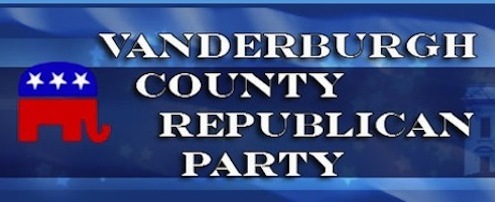By John Krull
TheStatehouseFile.com
INDIANAPOLIS – The election of Joe Biden as the 46th president of the United States seemed filled with portents.
The news on a Saturday morning, 48 years to the day after Biden first was elected to the U.S. Senate, that his birth state of Pennsylvania had moved into his column and pushed him over the top in the Electoral College sparked dancing in many American streets and prompted wailing in others. Many Americans saw Biden’s victory over Donald Trump as a deliverance, others as a cause for anguish.
In some ways, this is odd.
One wouldn’t think of Joseph R. Biden Jr. as a figure to arouse such profound responses. A voice for moderation and incrementalism, a firm believer in small steps taken to make long journeys, he is not a man to incite passion. His faith is in the power of endurance, of finding ways to move forward in the face of adversity, even overwhelming grief.
That may be why he prevailed.
Our national elections are clashes of symbols.
We tend to think of them as battles between ideologies, of contests between right and left, jousts between conservative and liberal philosophies. To be sure, those things matter.
But temperament matters at least as much and maybe more.
When we Americans select a president, we know we are making a statement about what we value.
And who we are.
That’s why presidential elections tend to strip away the complex humanity of the people who seek the office and both reduce and expand them into mythic caricatures.
The 2020 race was no exception.
It was the epic struggle between Scranton Joe and The Donald
Between the working-class guy from Pennsylvania who overcame great personal tragedies on his quest to redeem a nation and the trust-fund celebrity who descended a golden escalator to try to rescue forgotten America.
Between one man who seemed to have spent his entire life picking himself back up after being knocked down and another who had an incredible knack for dancing at the edge of the fire without ever getting burned.
Joe Biden and Donald Trump have some things in common – most notably, a desire to keep family close at all times and in all circumstances.
But more divided them.
Perhaps the greatest difference was in the way they view the world.
Trump sees it in zero-sum terms. For him to win, someone else must lose – and the anguish that others might experience in those losses adds to the size and satisfaction of his victories.
Biden prays at the altar of community, of good people working together to create achievements that are greater than the sum of their parts. For him, a solitary triumph is a lonely one.
That is why he won this race.
We Americans always have responded best to the national leaders who are happy warriors.
We followed Roosevelts, be they Republican or Democrat, Ronald Reagan, Bill Clinton, George W. Bush and Barack Obama because they allowed us to bask in the belief that no challenge is beyond us. We rejected Herbert Hoover, Jimmy Carter, and now Donald Trump because they shook our faith that we can overcome the forces confronting us.
This involves more than a sunny disposition, although a winning smile does help.
The visions of the happy warriors often have great elements of darkness in them.
Theodore Roosevelt vowed that he was battling for the lord at the gates of Armageddon. FDR pledged that we had “nothing to fear but fear itself†as monstrous suffering stalked the land. Reagan summoned Americans to do battle with “an evil empire†intent on laying waste to the world.
And Joe Biden said he was fighting for the imperiled soul of America.
But, where Donald Trump focused on the “American carnage†and enemies and misfortunes that in his view assailed us on all sides, Joe Biden spoke to the unity and security at the end of facing trials.
It was fitting, even foreshadowing, that Trump’s entry into presidential politics was a slow descent.
It was just as fitting that Biden marked Election Day by visiting the graves of two of his children and his first wife, as if to remind himself of who he was and what he had overcome.
And what can await a leader and a nation on the other side of even the most immense hardship?
FOOTNOTE: John Krull is director of Franklin College’s Pulliam School of Journalism and publisher of TheStatehouseFile.com, a news website powered by Franklin College journalism students.
The City-County Observer posted this article without opinion, bias, or editing.














